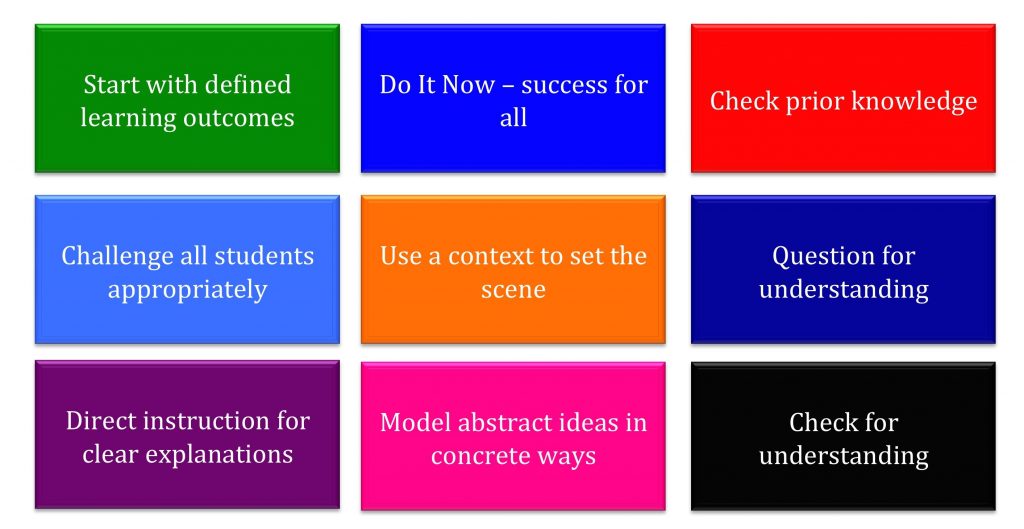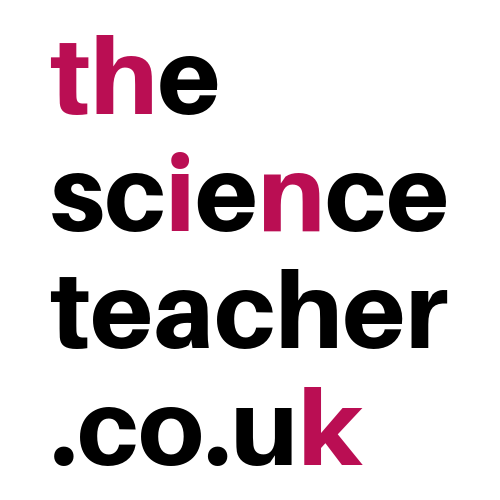A great science lesson
What makes a great science lesson?
Of course, there is no single answer to this question but there are a few general principles that you may want to consider when planning and teaching a science lesson.

First, start by considering what you want your students to know and do. This will involve consulting curriculum plans. As you do this, you will want to consider what students have learned before so you can explicitly link this new learning to any prior knowledge. You will also want to keep in mind what the role or function of this new knowledge is in relation to students’ future learning. For example, is it helping students to develop their knowledge of a particular concept, procedure or scientific idea?
Once you’ve worked out what you want your students to know and do, it’s time to plan how best to introduce and teach those new ideas. This is the pedagogy of a science lesson and will include making sure there is sufficient time for students to think about and use any new ideas before moving on.
Finally, despite the best explanations and activities, students will likely learn different things from what you intended so consider how you will use assessment to inform what happens next, both in that lesson and in subsequent lessons.
- Planning lessons: the EPIBA approach
- Clearly defined lesson objectives
- The Do Now
- Activate prior knowledge
- Challenge your students
- Use a context
- Challenge all students appropriately
- Use direct instruction to provide clear explanations
- Model abstract ideas in concrete ways
- Use questioning to probe understanding
- Check for understanding – give and get feedback
- Troubleshooting – why did it go wrong?
